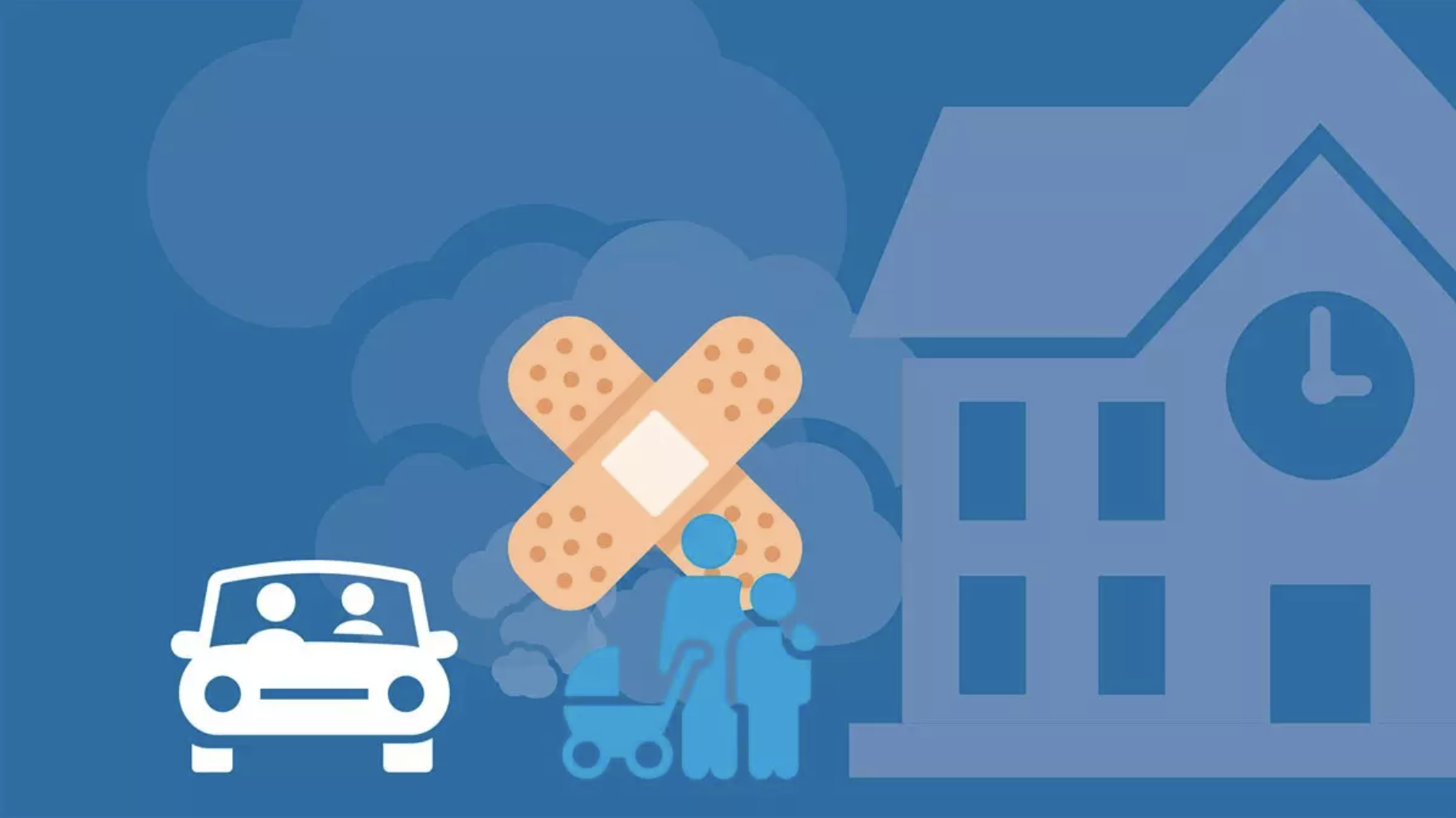University of Surrey: Heat Cool – School Outreach Climate Change Education Programme
In the summer of 2021 the Ove Arup Foundation-supported Heat Cool project was run by Guildford Living Lab under the Global Centre for Clean Air (GCARE) research, to teach children about climate change and air pollution.
The project was designed for primary and secondary school pupils to educate, infuse curiosity, and enhance the understanding of STEM among pupils about:
- Common heat sources in their built environment
- Urban Heat Island (UHI) impacts - which can cause cities to be up to 10°C warmer than neighbouring rural areas. Structures (e.g., buildings, roads) absorb and re-emit the sun’s heat more than natural landscapes such as forests. Urban areas, where structures are highly concentrated and greenery is limited, become “islands” of higher temperatures.
- Climate change impacts
- How to cool our environment via trees and green infrastructure
- Air pollution emissions
The programme engaged students in a playful manner, infusing a citizen science approach by bringing community-school-researchers into schools. The students learned via quizzes, informal discussion, and appreciation of their local environment around them.
In the programme researchers and children used a citizen-science approach to successfully educate children through interactive quizzes and a FLIR infrared camera to study:
- Indoor heat sources e.g., themselves and class equipment (electrical power points, laptops in use, standby and switched off). This will enable them to see that keeping electronic items on standby mode remain warm, use energy, and produce waste heat.
- Outdoor heat sources e.g., materials in the sun and in the shade, and surface temperatures of different vegetation types to build an understanding of where it is hot/cool and why.
- The effect of trees (in school grounds, nearby parks, and green areas) in cooling their environment.
The idea was to get the future generation thinking about the environment around them, to understand more about climate change and how they can act to mitigate the effects of climate change.
